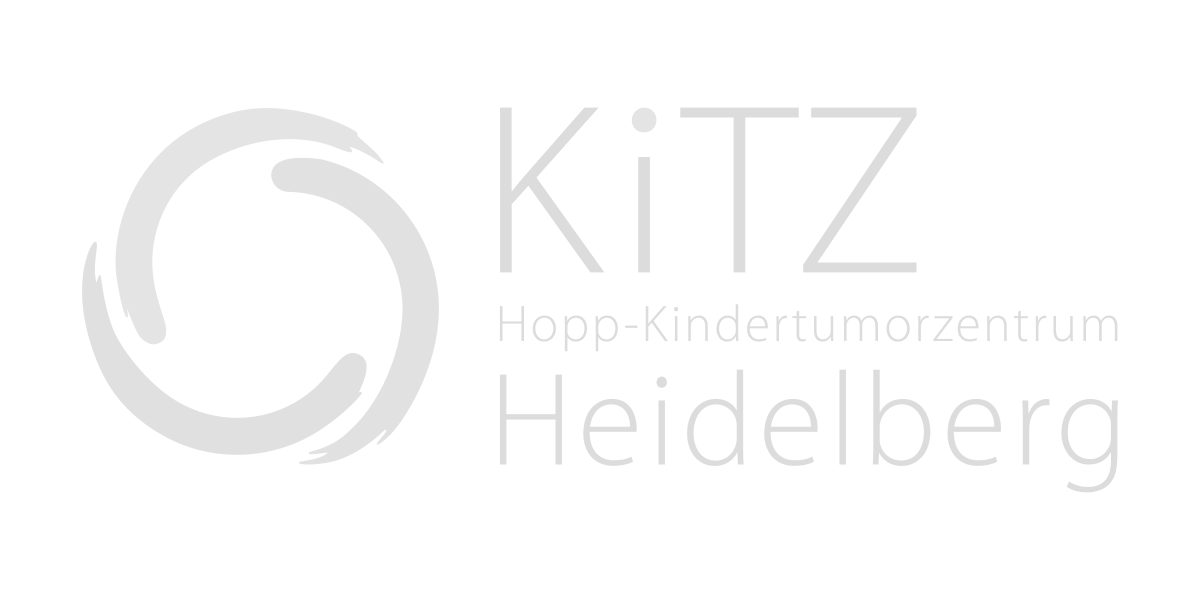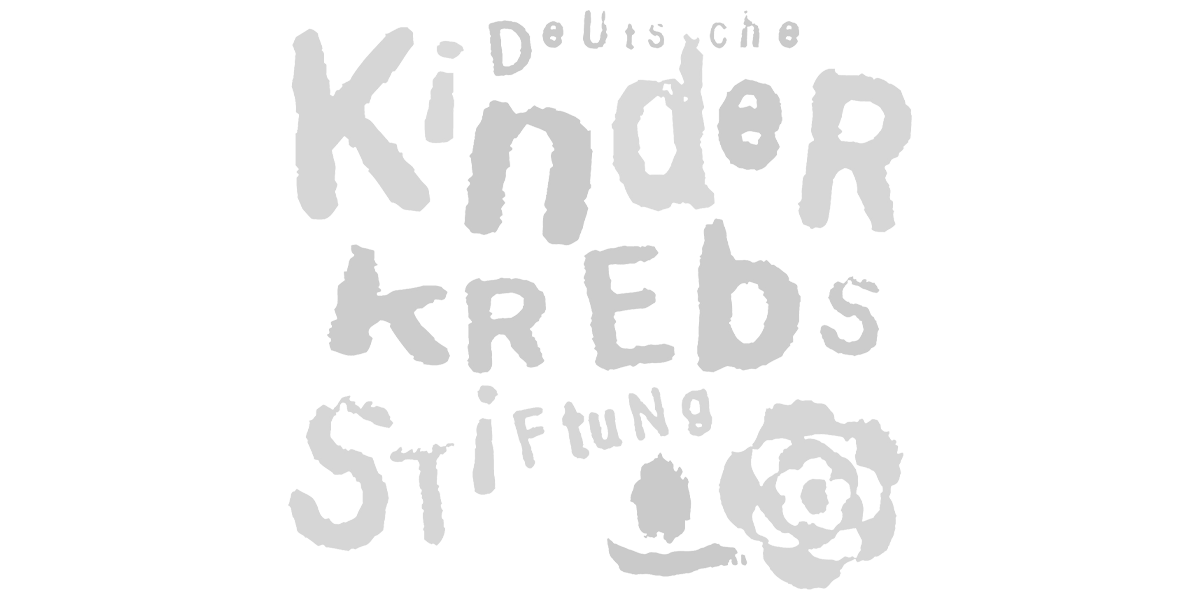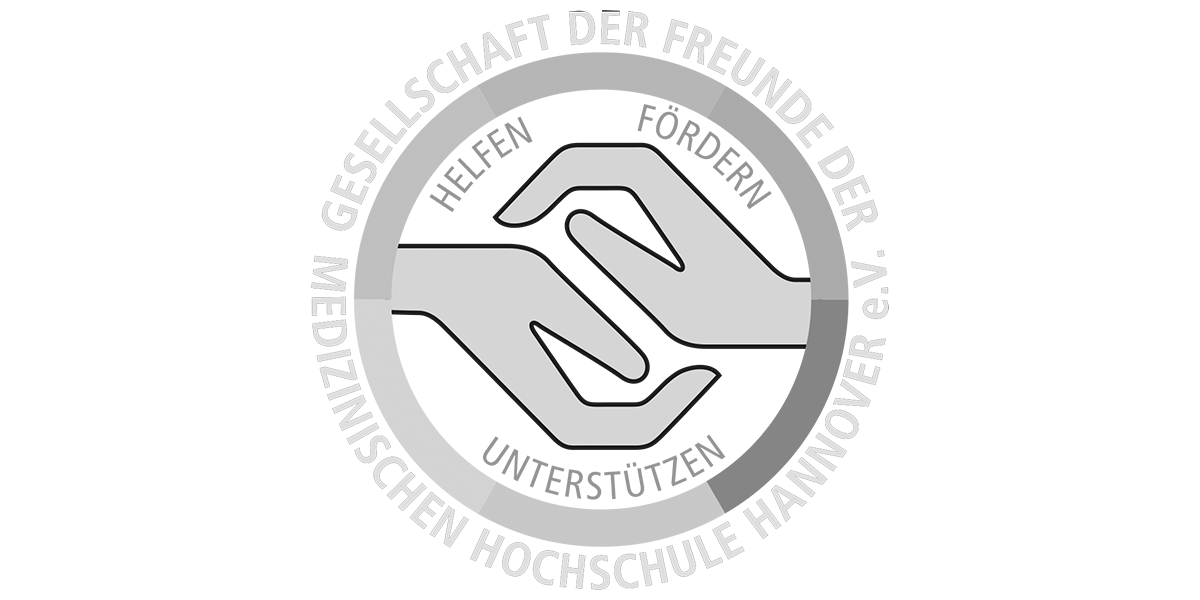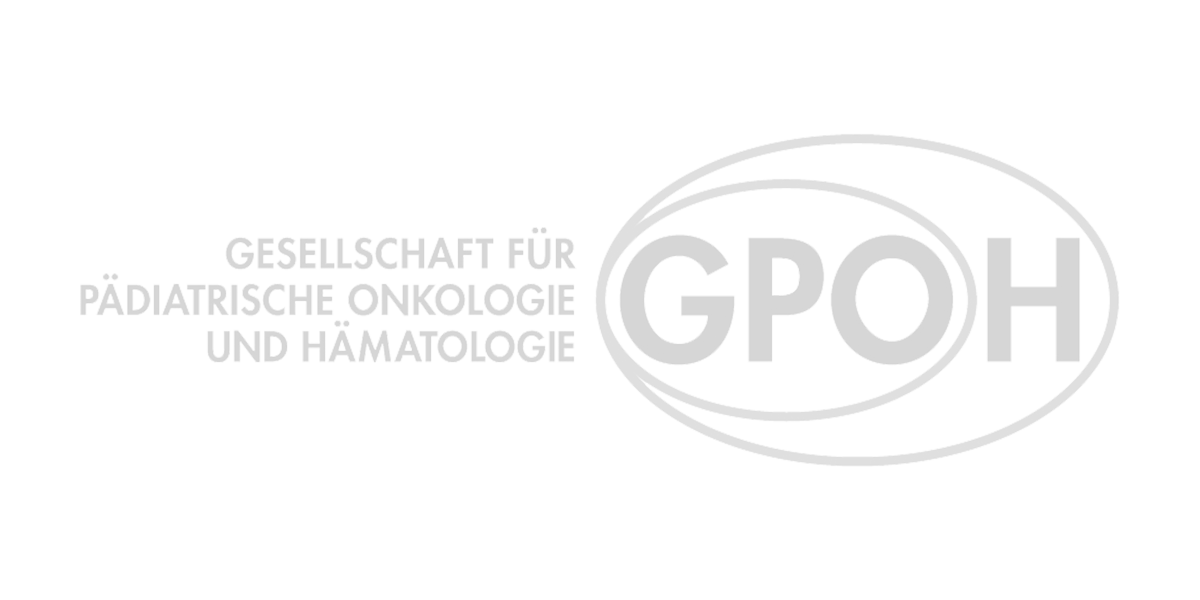Ataxia-Telangiectasia – Definition
Die Ataxia-Teleangiectasia (A-T, OMIM #208900) ist eine Erkrankung aus der Gruppe der DNA-Reparatur-Defekte, die in der Regulation zentraler Proteine der Signalkaskade zwischen Erkennung und Reparatur von DNA-Schäden, einschließlich der Tumorsuppressorproteine p53, BRCA1, CHEK2 und NBS1, eine wichtige Rolle spielt. Die A-T ist charakterisiert durch eine erhöhte Sensitivität gegenüber ionisierender Strahlung und eine progressive neurologische Symptomatik. Im Rahmen der Krebsprädisposition stehen NHL und ALL im Vordergrund.
Synonyme:
A-T
Gen:
ATM (Ataxia telangiectasia mutated)
Genprodukte:
Phosphatidylinsositol-3 Kinase (PI3) Protein Familie
Funktion:
ATM Kinase. Durch die Mutation in ATM kommt es zu einer Down-Regulation der Expression und Funktion der ATM-Kinase, was in einer fehlerhaften DNA-Reparatur Signalkaskade mündet und zu einer Akkumulation von DNA-Strangbrüchen führt und eine genetische Instabilität, insbesondere durch ionisierende Bestrahlung, mit sich bringt.
Erbgang:
Autosomal-rezessiv
Prävalenz:
1:40.000-1:100.000
Genotyp-Phänotyp-Korrelation:
c.5762-1050A>G langsamerer neurologischer Verlauf, spätere Manifestation, intermediäre Radiosensitivität, geringes bis kein erhöhtes Krebsrisiko
c.1A>G, c.7271T>G, c.8147T>C, c.8494C>T u.a. milder Phänotyp, längeres Überleben, erhöhtes Krebsrisiko
Penetranz:
Hoch. Erste neurologische Symptome beginnen im Alter von 2-4 Jahren, mit 10 Jahren sind die meisten Kinder rollstuhlpflichtig.
Ataxia-Telangiectasia – Diagnosestellung
Hinweisende Befunde
- Abnormes Neugeborenen-Screening (für reduzierte T-Zell-Rezeptor Exzision Circle Level, TRECs)
- Erhöhtes AFP (Alpha-Fetoprotein)
- Reduzierte IgA, IgE und IgG2 Level (60-80%)
- Schlechte Antikörper-Response auf Pneumokokken-Vakzine
- Karyotyp mit t(7;14)-Translokation (5-15%)
- Zerebelläre Hypoplasie in der MRT
- Erhöhte Sensitivität gegenüber ionisierender Strahlung
Diagnosesicherung
- Molekulargenetische Testung (Single-Gen- oder Multi-Gen-Panel): Biallelisch pathogene ATM-Variante (homozygot oder compound heterozygot)
- Immunoblot (ATM-Protein vermindert oder nicht nachweisbar)
Differentialdiagnosen
- Nijmegen-Breakage-Syndrome (NBS)
- MRE11-Defizienz-Ataxie
- RAD50-Defizienz
- RNF168-Defizienz
Klinische Präsentation
Klassische A-T
- Progressive zerebelläre Ataxie, beginnend zwischen 1.-4. Lebensjahr
- Konjunktivale Teleangiektasien
- Okulomotorische Apraxie
- Choreoathetose
- Immundefizienz
- Infektneigung
Nicht klassische A-T
- A-T mit Beginn spinaler Muskelatrophie im Erwachsenenalter
- A-T mit early-onset Dystonie
Weitere Befunde
- Vorzeitiges Altern mit grauen Haarsträhnen
- Endokrine Auffälligkeiten mit der Entwicklung eines insulin-resistenten Diabetes mellitus und vorzeitiger Ovarialinsuffizienz
Assoziierte Tumorprädisposition
- NHL
- ALL
- Bei Heterozygotie (z.B. der Eltern) erhöhtes Risiko für Mamma- und Ovarial-Karzinom, Magen-Karzinom, Melanome, Leiomyome, Sarkome
Besonderheiten bei der Behandlung
- Vermeidung/Reduktion von ionisierender Strahlung und Röntgenuntersuchungen, wenn klinisch vertretbar.
- Die Therapie von etwaigen Neoplasien sollte vor dem Hintergrund einer erhöhten Therapietoxizität, insbesondere bei Kindern, entsprechend angepasst werden (Dosisreduktion, längere Therapieintervalle).
- Testung der Eltern bei Neudiagnose einer A-T dringend empfohlen, da bei Heterozygotie ebenfalls ein erhöhtes Krebsrisiko besteht. Anlageträger, wie z.B. Eltern, sollten sich an spezialisierte Zentren zur Beratung bezüglich Tumorfrüherkennungsuntersuchungen wenden (beispielsweise an Brustzentren).
Diagnose Ataxia-Telangiectasia. Wie geht es weiter?
Nach der Diagnose ist es ratsam, die Weiterbehandlung von betroffenen Patient:innen durch eine:n Spezialist:in für dieses Krebsprädispositionssyndrom durchführen zu lassen. Im folgenden Abschnitt schildern wir Ihnen, ob Untersuchungen zur Krebsfrüherkennung oder andere Maßnahmen erforderlich sind und wie diese erfolgen sollten. Zudem finden Sie am Ende dieser Seite noch ein paar weiterführende Informationen wie z.B. die Links von Selbsthilfegruppen.
Diagnose Ataxia-Telangiectasia. Wie geht es weiter?
Nach der Diagnose ist es ratsam, die Weiterbehandlung von betroffenen Patient:innen durch eine:n Spezialist:in für dieses Krebsprädispositionssyndrom durchführen zu lassen. Im folgenden Abschnitt schildern wir Ihnen, ob Untersuchungen zur Krebsfrüherkennung oder andere Maßnahmen erforderlich sind und wie diese erfolgen sollten. Zudem finden Sie am Ende dieser Seite noch ein paar weiterführende Informationen wie z.B. die Links von Selbsthilfegruppen.
Empfehlungen zur Früherkennung bei Ihren Patient:innen
Evidenzbasierte Standards für ein Tumorscreening fehlen, insbesondere in der Kindheit. Nachfolgend finden Sie die Empfehlungen aus dem AACR-Konsensus-Meeting von Oktober 2016.
- Hämato-Onkologie: Anamnese, klinische Untersuchung, jährliches Blutbild, metabolisches Profil inklusive LDH (Lactatdehydrogenase)
- Immunologie: Monitoring der Immunglobulinlevel entsprechend immunologischer Empfehlungen
- Dermatologie: Jährliches Hautscreening
- Pulmonologie: Baseline-Untersuchung, pulmonologische Funktionstestungen entsprechend klinischem Bedarf
- Gastroenterologie/Nutrition: Baseline-Untersuchung, bei Bedarf Schlucktests, Nahrungssupplementation
- Endokrinologie: Jährliches Diabetes-Screening
- Neurologie: Supportivmedikation
- Orthopädie: Jährliche Skoliose-Evaluation
- Zahnmedizin: Halbjährliche Kontrollen
Ataxia-Telangiectasia – weitere Informationen
Offene klinische Studien / Register
Ataxia-Telangiectasia wird auch in unseren Begleitprojekten Liquid Biopsy und ADDRess erforscht, daher ermutigen wir Ärzt:innen Ihre Patient:innen zusätzlich zum KPS Register dafür anzumelden.

